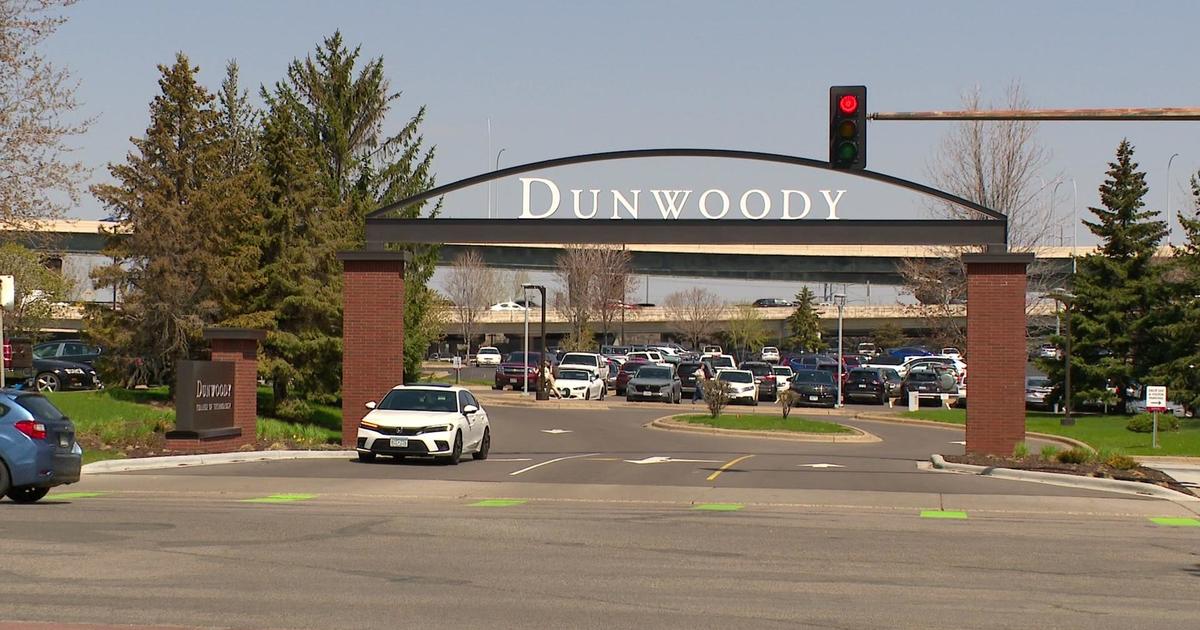Bird Flu Causes Egg Shortage At Grocery Stores
MINNEAPOLIS (WCCO) -- There are no new cases of bird flu to report in Minnesota for a second day this week -- but that's likely little comfort to poultry producers.
The virus spread to 82 farms across more than 20 counties in just two months.
Nearly 5.6 million turkeys and chickens have died. That's left many Twin Cities grocery stores scrambling to keep eggs on their shelves.
Stores posted signs telling customers there's now an egg shortage. Cub Foods, Kowalski's, Lunds and Byerly's are all dealing with supply problems.
Minnesota is the eighth-largest producer of chicken eggs in the country. Three of the state's largest layer operations were hit hard by the bird flu.
More than 1.7 million chickens had to be destroyed because of the virus so far.
"One day your flock is good and you're getting eggs and the next day they come out and say you've been infected so all eggs are cut off," Curt Kersten of Bergan's Supervalu said. "So it's just too short a notice to have anything set up."
He says he has never seen a shortage of eggs like this in his 40 years working in grocery stores.
"Right now I can't offer them jumbo eggs or 18-pack eggs," Kersten said.
Smaller stores, like independently-owned Bergan's Supervalu in south Minneapolis, are impacted just like larger stores.
"We have to go through a different supplier to get the eggs, so right now we're calling a day ahead of time to make our orders with our egg company, and they're getting eggs from another supplier whose flocks haven't been affected," Kersten said.
The sudden surge of bird flu on Minnesota farms has caused the egg supply to trickle into stores looking to keep its shelves stocked.
"They're limiting supply that each store can get to try and make it so all the stores can have some eggs for the customers when they come in," Kersten said.
Store owners told WCCO the shortage will be temporary. Kowalski's, Lund's and Byerly's say supplies should return to normal next week as other egg suppliers step up to help ease the shortage.
Managers at Kowalski's say it's the eggs people typically buy -- those that cost a little less than $2 a dozen -- that are hard to find.
Free-range and organic eggs, which cost a bit more, are available. They are raised on smaller farms that have yet to fall victim to the bird flu.
Grocers say they've noticed some shoppers not buying eggs because they're afraid of the bird flu.
Some grocers say they have noticed a dip in sales, but believe most shoppers know a lot about the issue.
The agriculture department says eggs and poultry are safe to eat so long as they are properly cooked.



